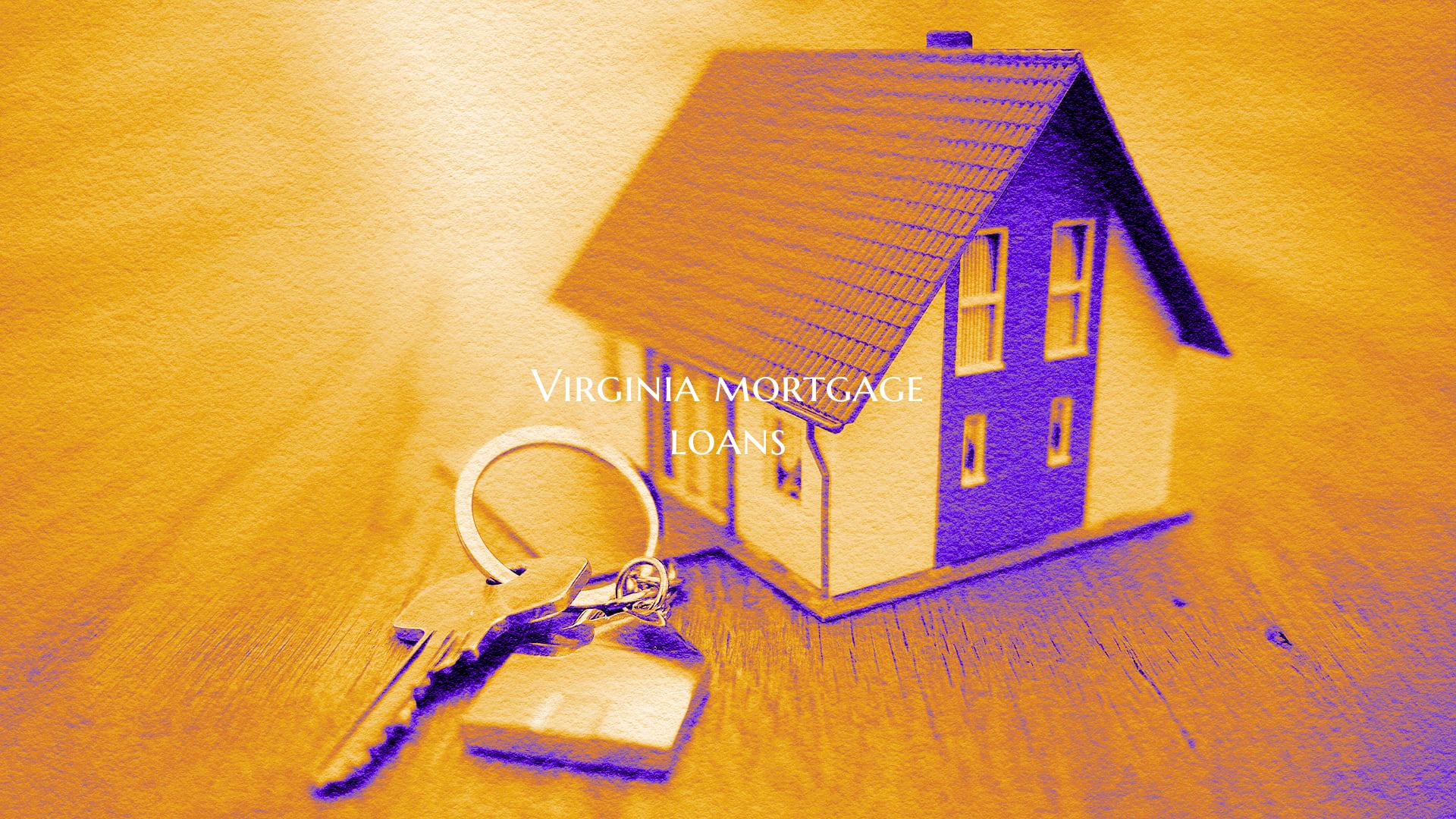Virginia mortgage loans

When it comes to buying a home in Virginia, securing a mortgage loan is often a crucial step in making your homeownership dreams a reality. Understanding the ins and outs of Virginia mortgage loans is essential for navigating the intricacies of the real estate market in the state. Here is a comprehensive guide to everything you need to know about Virginia mortgage loans:
1. Types of Mortgage Loans in Virginia: - Conventional Loans: These loans are not insured or guaranteed by the federal government and typically require higher credit scores and down payments. - FHA Loans: Backed by the Federal Housing Administration, FHA loans are popular among first-time homebuyers due to their lower down payment requirements. - VA Loans: Available to eligible veterans, active-duty service members, and surviving spouses, VA loans offer favorable terms and often require no down payment. - USDA Loans: Designed to help low-to-moderate-income borrowers in rural areas, USDA loans offer 100% financing options.
2. Factors that Affect Mortgage Loan Eligibility: - Credit Score: Lenders consider credit scores when determining eligibility for a mortgage loan. A higher credit score can lead to better loan terms. - Debt-to-Income Ratio: Lenders assess your debt-to-income ratio to ensure you can comfortably afford mortgage payments along with your other debts. - Employment History: Stable employment history is crucial for demonstrating your ability to repay the loan.
3. Virginia-Specific Considerations: - Housing Market Trends: Understanding the current housing market trends in Virginia can help you make informed decisions about your mortgage loan. - Property Taxes: Virginia has varying property tax rates, so it's important to consider these costs when budgeting for a mortgage.
4. Working with Mortgage Lenders: - Shopping Around: Consider getting quotes from multiple lenders to compare interest rates, fees, and terms before selecting a mortgage lender. - Pre-Approval Process: Getting pre-approved for a mortgage loan can strengthen your offer when bidding on a home in Virginia.
5. Closing Process and Costs: - Closing Costs: In Virginia, closing costs typically include fees for appraisal, title search, loan origination, and other services. - Settlement Attorney: Virginia requires a settlement attorney to oversee the closing process and ensure all legal requirements are met.
Navigating the world of Virginia mortgage loans can seem daunting, but with the right information and guidance, you can make informed decisions that will lead you to your dream home in the beautiful state of Virginia.
